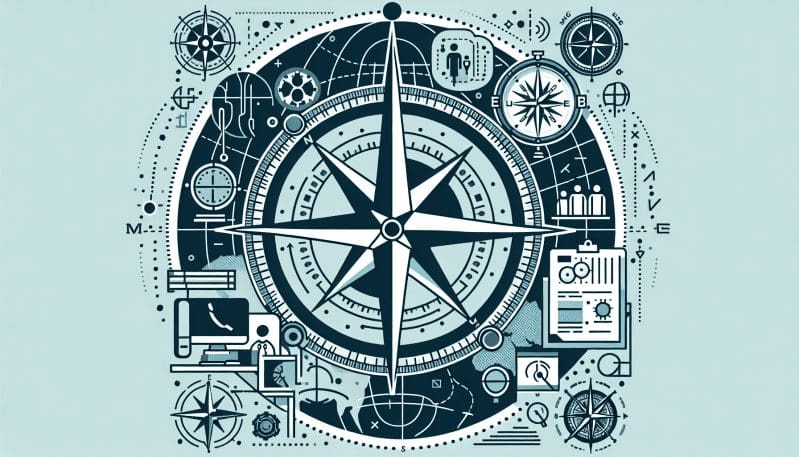In the tapestry of today’s globalized workplace, the threads of different cultures, beliefs, and practices are interwoven to create a rich mosaic of diversity. This diversity, while a source of strength, brings with it a unique set of challenges. Among these, cultural intelligence (CQ) has risen to prominence as an indispensable competency for those looking to navigate the complex and often nuanced international business landscape effectively.
At its core, Cultural Intelligence is about understanding and responding to the cultural dimensions that underpin interactions within the modern workplace. It encompasses a set of skills and attitudes that assist individuals and organizations in appreciating and adapting to cultural differences.
Take for instance a scenario where a team from various parts of the world comes together to work on a project. Through a Cultural Intelligence lens, team leaders would be aware not only of the potential language barriers that might arise but also of the more subtle, cultural nuances that influence communication styles, decision-making, conflict resolution, and the way feedback is given and received.
Success in this area can mean the difference between a well-integrated, highly functional team and one that is marked by misunderstandings and unmet potential. Case in point, companies like Google and IBM have invested in cultural training for their global teams, which has led to enhanced collaboration and the emergence of innovative solutions that may not have been possible in a monocultural environment.
Conversely, a lack of CQ can lead to significant faux pas. A renowned example is when a leading car manufacturer named a new model without realizing that the name was a derogatory term in one of their key markets. Not only did this oversight result in financial loss, but it also damaged the brand’s reputation.
Cultivating CQ within a company leads to more inclusive work environments where the full spectrum of employee talents can flourish. It primes organizations to be agile and adaptive in the face of change, thereby positioning them for a competitive advantage in the global marketplace.
But how can individuals and organizations grow their Cultural Intelligence? It starts with education and awareness, fostering an environment where cultural differences are not just tolerated but celebrated. Training programs that include cultural exchanges and discussions can build empathy and understanding, while policies that encourage diversity and inclusion can lay the groundwork for a more culturally intelligent workforce.
On an organizational policy level, CQ’s implications reach far. From recruitment strategies designed to build diverse teams to leadership development programs that integrate cross-cultural training, the call for cultural intelligence is shaping the DNA of future-facing companies.
The societal implications are equally compelling. As organizations become stewards of cultural intelligence, they contribute to a more cohesive, understanding world. The ripple effect of a culturally adept workforce can be seen in everything from smoother international relations to more nuanced global policy-making.
In conclusion, the cultivation of Cultural Intelligence is not just a nice-to-have, it’s a strategic imperative for anyone who operates in the globalized workspace. It’s the compass that guides us through a landscape rich with diversity, and it’s the tool with which we can unlock the full potential of our inherently varied teams. For modern organizations eyeing success in a global market, investing in CQ isn’t just smart—it’s essential.




























